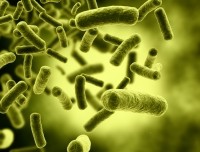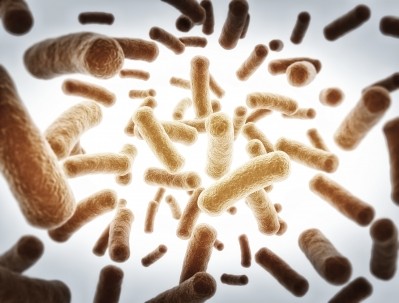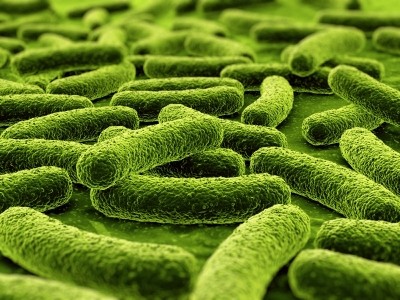Early intake of L. reuteri probiotics in infancy may boost gut health: Study

Scientists from the University of Turin report that hospitalized infants who received probiotics had lower levels of Enterobacteriaceae and Enterococci bacteria, compared to the control infants, and lower colonization by diarrheagenic E. coli.
“[O]ne of the important functions of probiotics is their ability to inhibit the growth of different types of foodborne pathogens; our study indicated that early administration of L. reuteri DSM 17938 in infancy could influence gut microbiota composition, improving gut health by reducing pathogen colonization,” they wrote in Clinica Chimica Acta.
Study details
Researchers led by Francesco Savino analyzed fecal samples from 30 infants who previously received probiotics (100 million colony forming units per day) and 30 infants who didn’t get any probiotics.
Results showed no difference between the groups for lactobacilli and bifidobacteria populations, but an association between L. reuteri supplementation and total anaerobic gram-positive counts was observed.
In addition, higher counts of gram-negative anaerobic bacterial count were observed in the control group, compared with the probiotic group.
“Studies demonstrated that growth of gram negative bacilli produces an increased susceptibility to necrotizing enterocolitis and sepsis; hence, the decrease of anaerobic gram-negative bacilli load in the probiotic group suggested a benefit of probiotic therapy in preventing NEC,” wrote the researchers.
“In the current study, L. reuteri probiotic assumption showed significant antibacterial activity against pathogens and opportunistic bacteria such as DEC, Salmonella spp., C. sakazakii, H. alvei, K. pneumoniae, K. oxytoca, and E. cloacae,” wrote the researchers. “In fact, under anaerobic growth conditions, L. reuteri produces a potent antimicrobial compound called reuterin, which is a beta-hydroxypropionaldehyde derivative of glycerol.”
“Further studies are needed to better understand how individual differences could act in the interaction between gut health and microbiota. Taking into account the recent evolution of sequencing technologies, we could speculate to be able to better understand how probiotics may act on the colonization pattern and influence gut health later in life.
“Evaluating gut microbiota changes in addition to clinical outcomes in future studies concerning L. reuteri DSM 17938 effects should be helpful in understanding how this strain influences gut health.”
Source: Clinica Chimica Acta
Published online ahead of print, doi: 10.1016/j.cca.2015.02.027
“Probiotics and gut health in infants: A preliminary case–control observational study about early treatment with Lactobacillus reuteri DSM 17938”
Authors: F. Savino, S. Fornasero, S. Ceratto, et al.


















